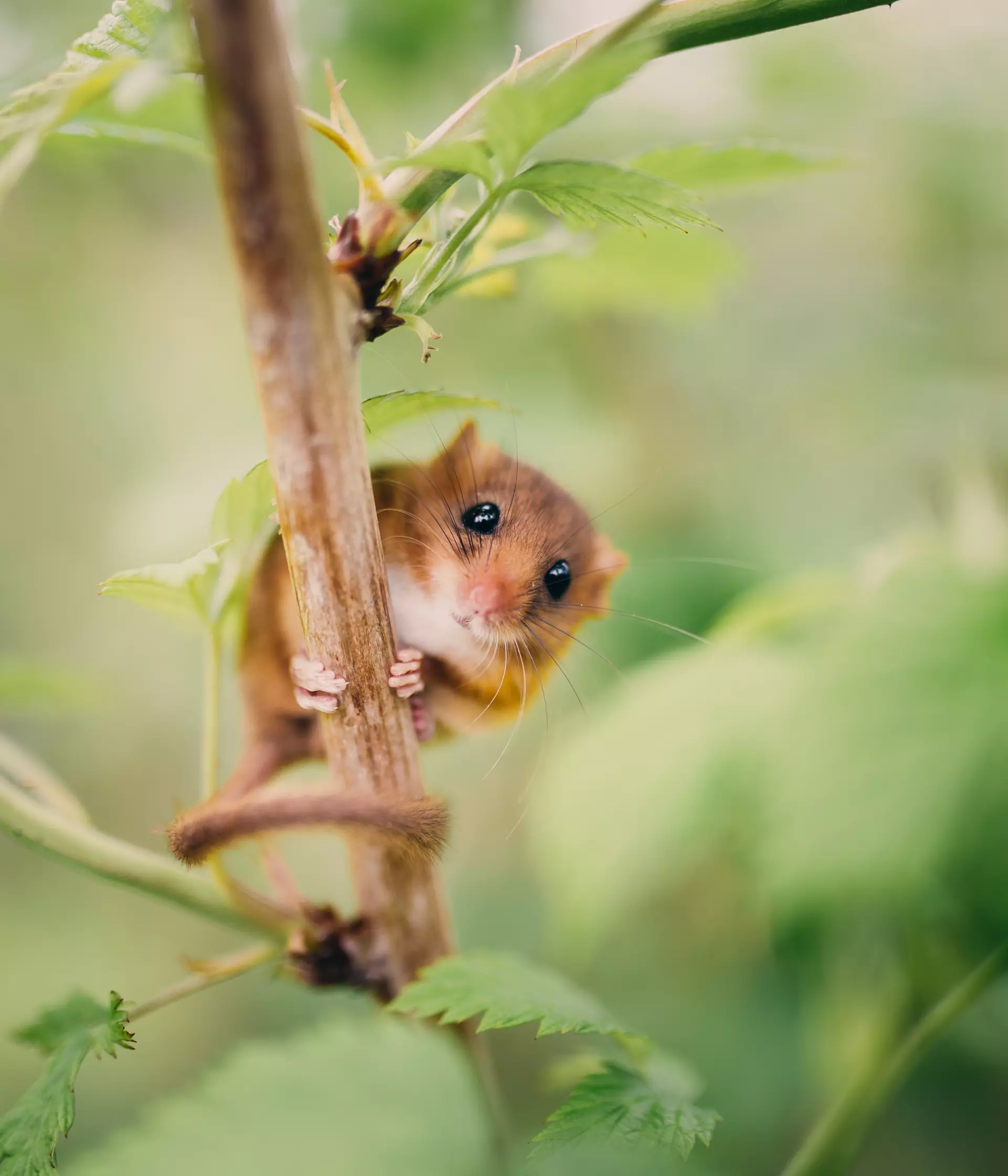Discover stories about the wildlife that our supporters are helping to save, told by our teams at the forefront of conservation projects around the world and ground-breaking programmes at London and Whipsnade Zoos.
Take a look at our behind-the-scenes videos and interviews with ZSL Conservationists, Scientists, Zookeepers and Vets to hear about the animals you know and love, as well as some that you haven’t yet heard of...
Feeling inspired?
Monthly donations are vital in helping us to achieve long-term successes in wildlife conservation, just like those you can see on this page.
If you'd like to support our wildlife-saving teams, please consider starting a monthly donation today.
